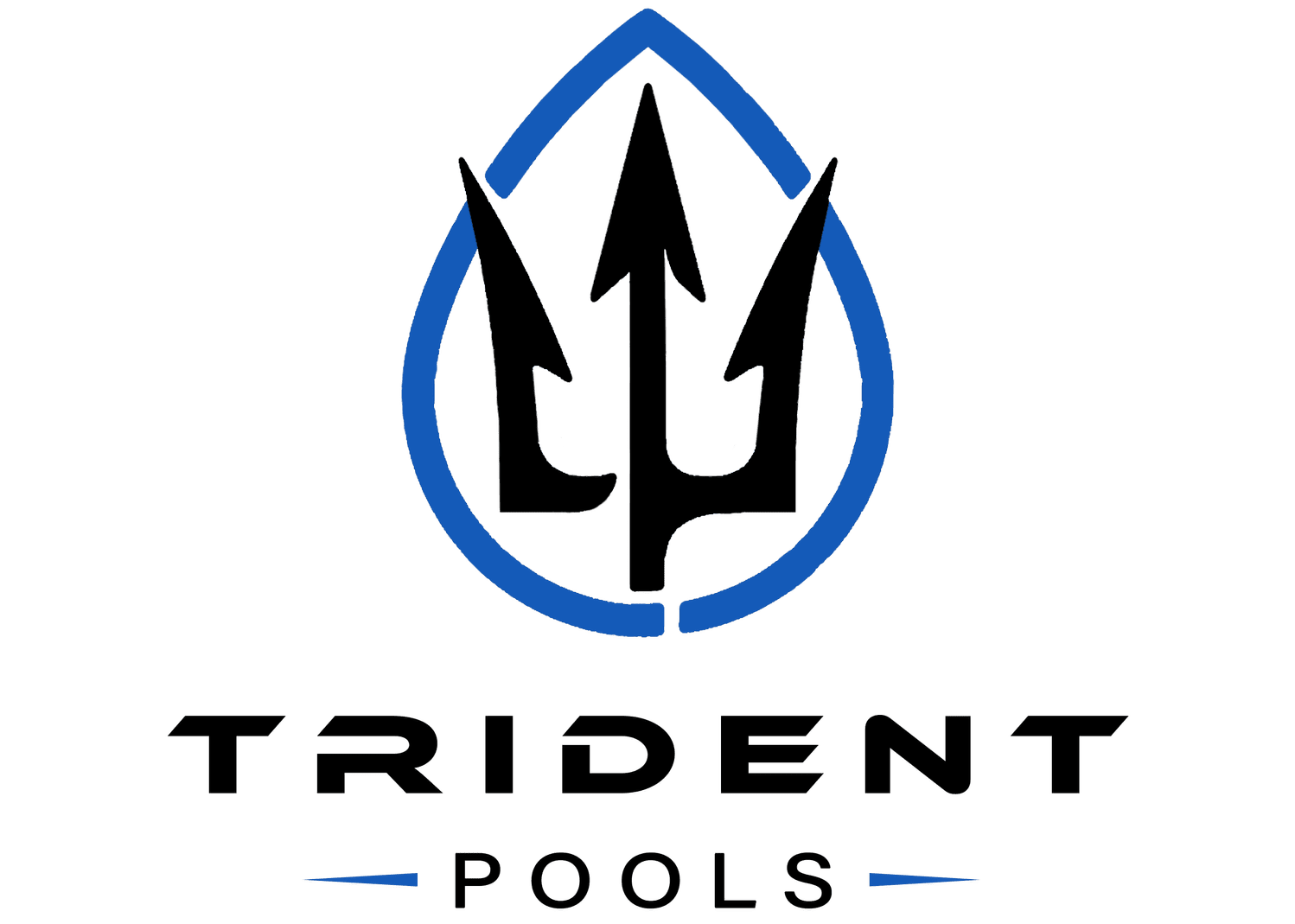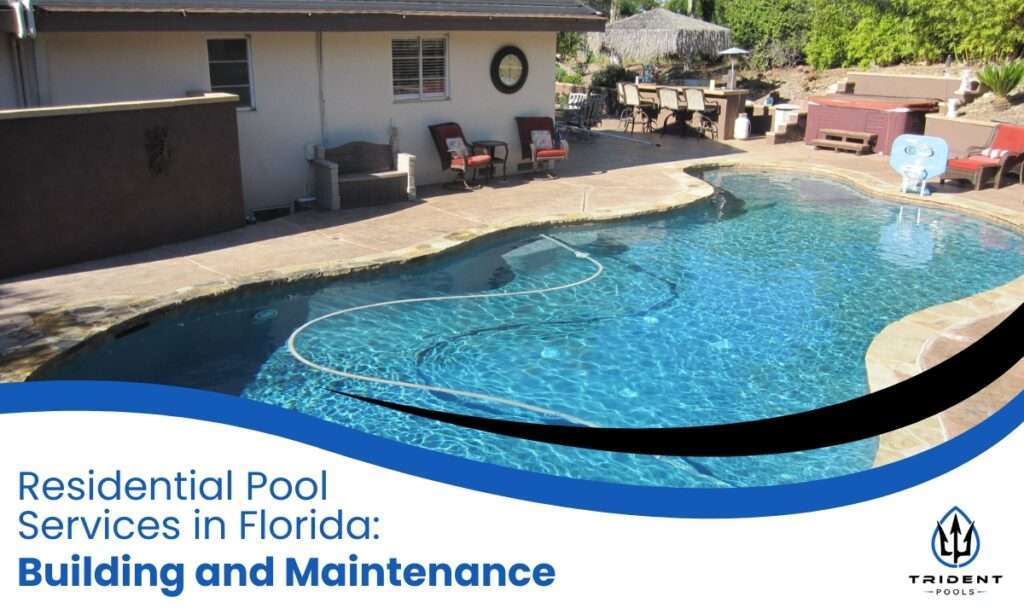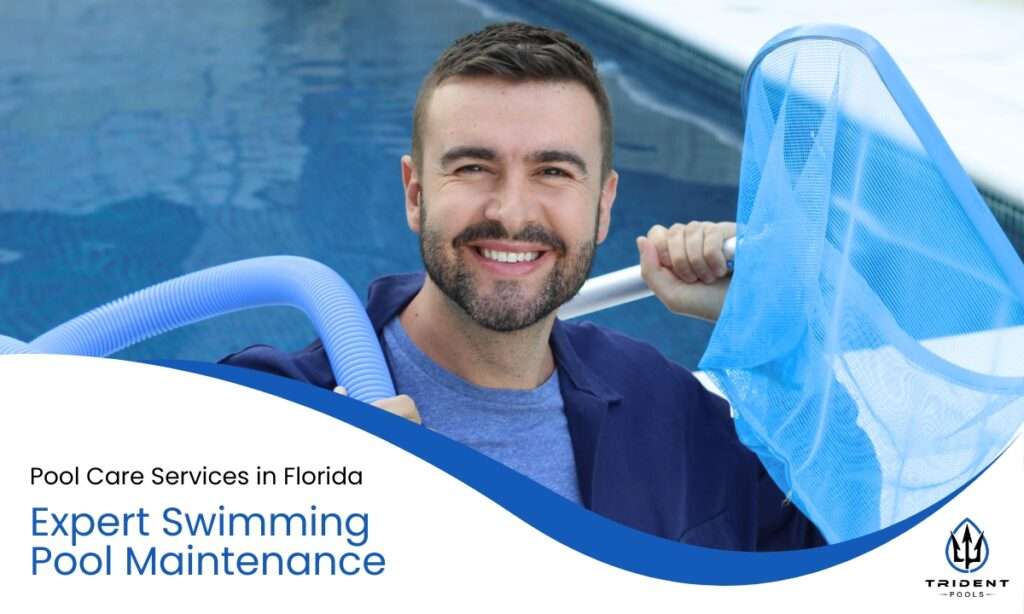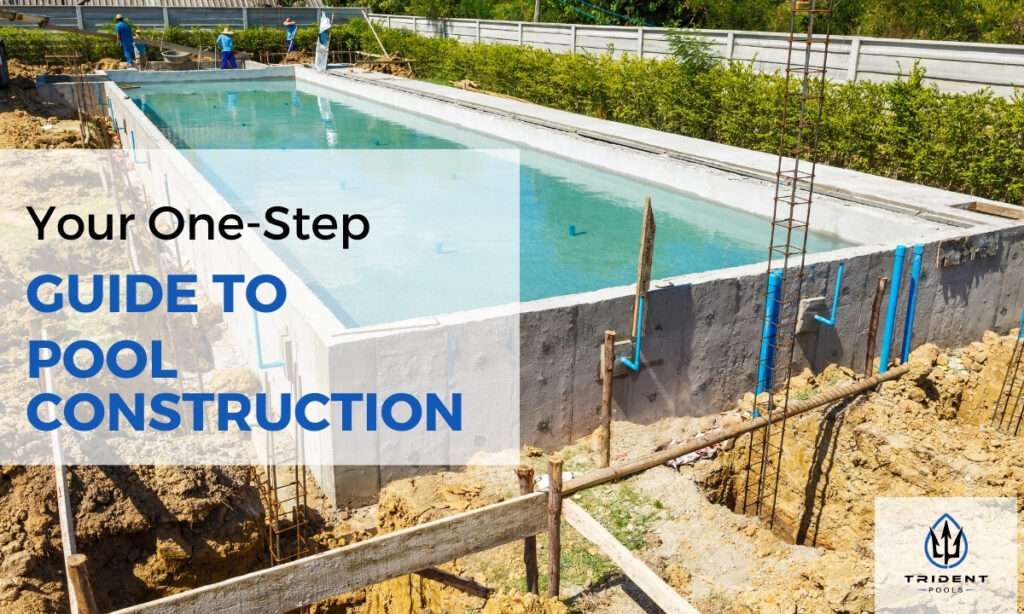
Pool Care Chemicals: Expert Tips for Salt Water Pool Maintenance
Pool care chemicals play a vital role in maintaining your pool water’s cleanliness, safety, and balance. Whether you have a traditional chlorine pool or a saltwater pool, understanding how to manage pool care chemicals properly is essential for ensuring a healthy swimming environment. This comprehensive guide will explore the importance of pool care chemicals and provide expert tips for saltwater pool maintenance.
Understanding Pool Care Chemicals
Pool care chemicals are substances used to sanitize, balance, and maintain pool water quality. They serve several essential functions, including:
- Sanitization: Pool chemicals such as chlorine or bromine kill bacteria, viruses, and other harmful microorganisms to prevent waterborne illnesses.
- pH balance: Maintaining the proper pH level in your pool is crucial for water clarity, equipment longevity, and swimmer comfort.
- Alkalinity and calcium hardness: These parameters help stabilize the pH level and prevent fluctuations, ensuring balanced and stable pool water.
Types of Pool Care Chemicals
Several types of pool care chemicals are available, each serving a specific purpose in maintaining water quality. Here are some common types of pool care chemicals:
- Chlorine: It is a popular sanitizer used to kill bacteria and algae in pool water. Available in various forms, such as liquid, granular, and tablets.
- Bromine: An alternative sanitizer to chlorine, often used in indoor pools or spas due to its stability at higher temperatures.
- pH increasers and decreasers: chemicals used to adjust the pH level of pool water to the optimal range (7.2-7.6).
- Alkalinity increasers: These are used to raise the total alkalinity level of pool water, which helps buffer pH fluctuations.
- Calcium hardness increasers: These are used to raise the calcium hardness level in pool water, which is important for preventing corrosion of pool surfaces and equipment.
Importance of Salt Water Pool Maintenance
Saltwater pools have become increasingly popular due to their lower maintenance requirements and a gentler feel on the skin and eyes. However, proper maintenance is essential to ensure optimal performance and water quality. Here’s why saltwater pool maintenance is important:
- Sanitization: Although saltwater pools generate chlorine through salt electrolysis, they still require regular monitoring and maintenance to ensure adequate sanitization.
- pH balance: Salt water pools can experience fluctuations in pH levels, requiring periodic adjustments to maintain optimal water balance.
- Equipment care: Saltwater generators and other components need regular maintenance to prevent scaling and corrosion.
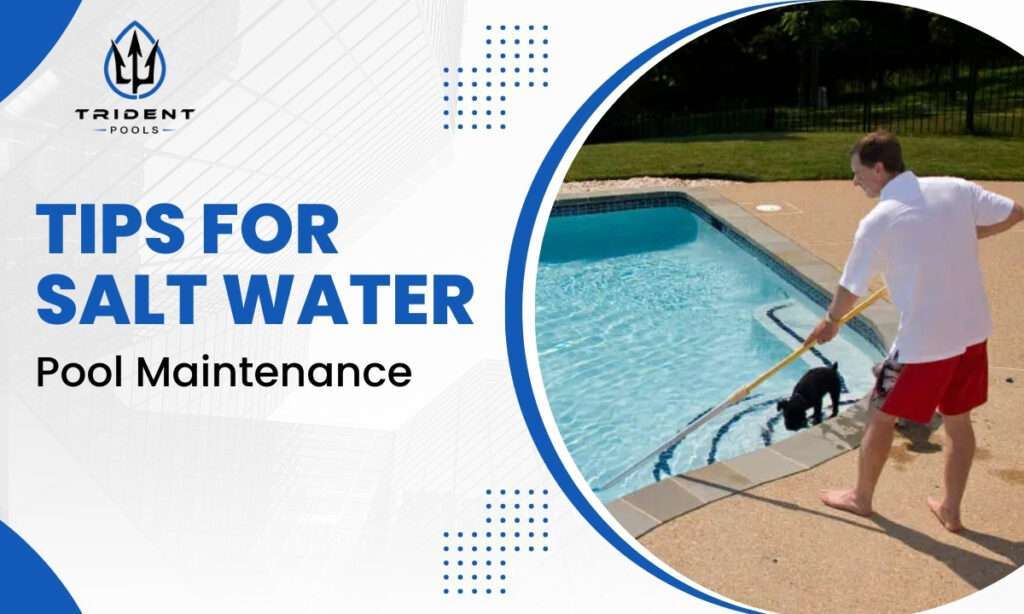
Tips for Salt Water Pool Maintenance
Maintaining a saltwater pool requires specific care practices to ensure water quality and equipment longevity. Here are some expert tips for saltwater pool maintenance:
- Monitor salt levels regularly using a salt test kit and adjust as needed to maintain the recommended range (around 3,000-3,500 ppm).
- Test and adjust the pH and alkalinity levels weekly to ensure they remain within the optimal range for saltwater pools.
- Inspect and clean the salt water generator cell periodically to remove any scale buildup and ensure efficient chlorine production.
- Backwash the pool filter regularly to remove debris and maintain proper filtration and circulation.
- Consider adding a stabilizer (cyanuric acid) to help protect chlorine from degradation due to UV sunlight exposure.
Conclusion
Proper management of pool care chemicals is essential for maintaining a clean, safe, and balanced swimming environment in traditional chlorine and saltwater pools. By understanding the importance of pool care chemicals and following expert tips for saltwater pool maintenance, you can ensure that your pool remains a refreshing oasis for years. Whether you choose chlorine or salt water, investing in proper pool care is an investment in the health and longevity of your pool.
Frequently Asked Questions (FAQs)
The frequency of adding pool care chemicals depends on pool usage, environmental conditions, and water chemistry parameters. Testing the water regularly and adding chemicals as needed to maintain balanced water chemistry is recommended.
No, regular table salt contains additives that are unsuitable for use in saltwater pools. Using specifically formulated pool salt that is free of impurities and additives is essential
To prevent scaling and corrosion, it’s essential to maintain a proper water chemistry balance, including pH, alkalinity, and calcium hardness levels. Regular maintenance of the saltwater generator cell and other equipment components can also help prevent scaling and corrosion.
While saltwater pools typically require fewer frequent chemical additions than traditional chlorine pools, they still require regular monitoring and maintenance to ensure water quality and equipment longevity.
Yes, it is possible to convert a chlorine pool to a saltwater pool by installing a saltwater generator system. However, consulting with a professional pool technician is essential to ensure the conversion is done correctly and that the pool’s equipment and plumbing are compatible with salt water.
